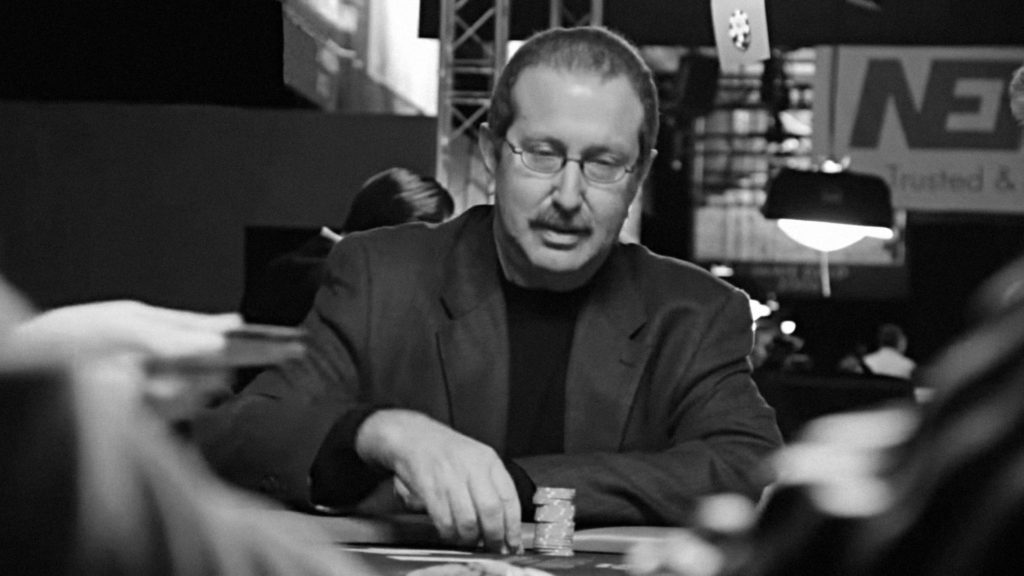When Roone Arledge seized the day—or, to be more precise, seized the night—in 1970, Mondays were transformed forever in America. More than just a successful television series, “Monday Night Football” shifted a nation’s habits, altered its cultural landscape and cemented the burgeoning National Football League as the sport of preference from Washington, D.C., to Washington state.
It couldn’t happen today.
As “Monday Night Football” enters its 20th season entrenched as an American institution, consider this: If the NFL and ABC had waited until 1989 to bring us prime time professional football, the series—while certain to enjoy success—would never create the impact it did a generation ago.
“It was the exact right time for it to happen,” ABC sportscaster Al Michaels said the other day of the Monday night birth and boom. “It was just the perfect marriage at the perfect time.”
It was before cable and the VCR. It was before 40 channels and 40 choices; it was the networks or nothing. And it was before sports on television became so commonplace that seldom a night would go by without something live to watch.
“Monday Night Football” was unique—the only prime time sports package at the time. Even the big events—the Super Bowl and the World Series—weren’t prime time yet; the World Series didn’t play night games until 1971. Plus, the timing for the NFL’s extended weekend was right, with pro football cresting in popularity.
“’Monday Night Football’ was real important to the success of the National Football League,” Michaels said, “but the NFL probably would be as popular today, with or without ‘Monday Night Football,’ They both fed off each other.”
The time was right for ABC too. NFL Commissioner Pete Rozelle had been pitching prime time football. ABC Sports President Arledge wanted the package, but the network was skeptical. What finally sold ABC was the fear that the Hughes Television Network would buy the games, then sell them to ABC affiliates willing to dump low-rated ABC programming. So ABC and the NFL signed a one-year deal—13 Monday nights for $8.5 million.
“Who could have foretold its success?” said Michaels, about to begin his fourth year as play-by-play voice of “Monday Night Football.” “A lot of things seem like genius in retrospect, but it was a case that ABC was in a risk-taking position… In effect, it was the perfect opportunity for the network to garner a big hunk of the prime time audience on Monday nights.
“Where were they coming from? They were coming from nowhere. They were in the doldrums on most nights. They had little to lose. It was like buying a cheap stock, in a way.”
The stock soared. An immediate hit, “Monday Night Football” consistently won its time period. One of every five American homes tuned in. Whether this was more a measure of the NFL’s increasing grip on the nation or the unusual announcing crew, we’ll never know. But Arledge, who wanted to treat the game as entertainment because of its place in prime time, introduced the tree-man broadcasting booth and created the Howard Cosell-Don Meredith analyst tag team.
Perhaps the series still would have taken off with, say, a conservative Chris Schenkel-Bud Wilkinson pairing, but as Michaels points out, “you cannot diminish the fact that one announcing role never existed before [Cosell as third man] and another man [Meredith was doing shtick that hadn’t been done before.” With Keith Jackson doing play-by-play the first year and Frank Gifford in subsequent years, the three-in-the-booth monster had been unleashed.
“Monday Night Football,” each and every week, was The Event; as a new program in 1989, it would only be an event. Even Cosell’s roar would be hard to hear these days over the constant clamor of comment. The schedule is littered with prime time sports; the viewing audience is more splintered than ever before. “Monday Night” ratings have declined three consecutive seasons.
Fans often talk of the good old days of “Monday Night Football.” For many, it seemed more compelling 15 years ago, but then again, for many 15 years ago defined a youth now gone. “You just can’t recapture it,” Michaels said. “…And maybe the past always seems brighter than the present.”
For despite its decline, “Monday Night Football” still defines a way of life for 16 Mondays. It still delivers a larger audience than the overwhelming majority of other prime time shows. It still causes folks to check their schedules and adjust their plans. And tonight when the Redskins and Giants open another season, you won’t find a bar in America tuned to “Murphy Brown” at 9 p.m.
“We’ve had a whole generation grow up with it,” Michaels said. “’Monday Night Football’ is one of those magical phrases. It’s still very special.” It just could never happen again.


